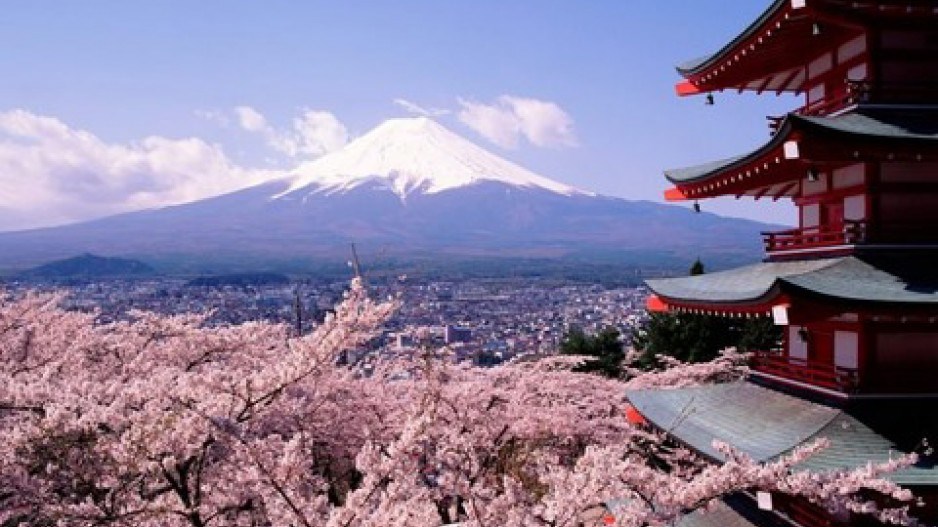B.C.’s two ministers on the international trade portfolio will be travelling to Asia later this month in an effort to diversify business ties beyond the province’s top-two trade partners.
Officials announced late Thursday that Jobs, Trade and Technology Minister Bruce Ralston and State of Trade Minister George Chow will visit Japan and South Korea - B.C.’s third- and fourth-largest trading partners - from March 16 to 22.
This is the first Canadian provincial delegation to travel to Japan since both countries ratified the Comprehensive/Progressive Trans-Pacific Partnership (CPTPP, or TPP-11 after the withdrawal of the United States from the trade bloc under President Donald Trump). Meanwhile, Canada’s only bilateral free-trade agreement in Asia is with South Korea.
"Having trade agreements in place with these two markets gives us unprecedented access and allows us to open doors for B.C. companies, so they can create good jobs for people in B.C.,” Ralston said in a statement, adding that the focus in both Japan and South Korea will be the promotion of the technology sector.
In Japan’s case, the mission will focus on clean energy, communications technology and digital entertainment (in addition to non-tech fields such as tourism and agrifoods). Meanwhile, the Korean portion of the trip will focus on B.C.’s sister-province relationship with South Korea’s Gyeonggi province - the suburban region surrounding Seoul, the Korean capital city.
The trip notably omits China, B.C.'s second-largest trade partner. The province also previously cancelled the Chinese leg of a prior trade mission to Asia earlier this year after the Vancouver arrest of Huawei Technologies Co. Ltd. CFO Meng Wanzhou. The arrest has sent China-Canada relations into the deep freeze, and Beijing has started to clamp down on Canadian exports with the revocation of canola import permits for Richardson International - one of Canada’s biggest grain processors - earlier this week.
Export sector observers in B.C. have warned that several B.C. industries may be over-exposed to China, the focus of a decade-long effort previously to diversify trade away from the United States. The two countries rank firs (U.S.) and second (China) for both B.C. and Canadian exports, and several experts have suggested B.C. should diversify as quickly as possible away from these two markets in light of the Huawei-Meng situation.
One expert - Asia Pacific Foundation distinguished fellow Hugh Stephens - suggested soon after the Meng case that Canada should leverage the CPTPP (which includes Japan, Australia, New Zealand, Singapore, Vietnam and Malaysia) as a potential platform for growing links to other Pacific Rim economies such as South Korea, Indonesia, Thailand and Taiwan.




